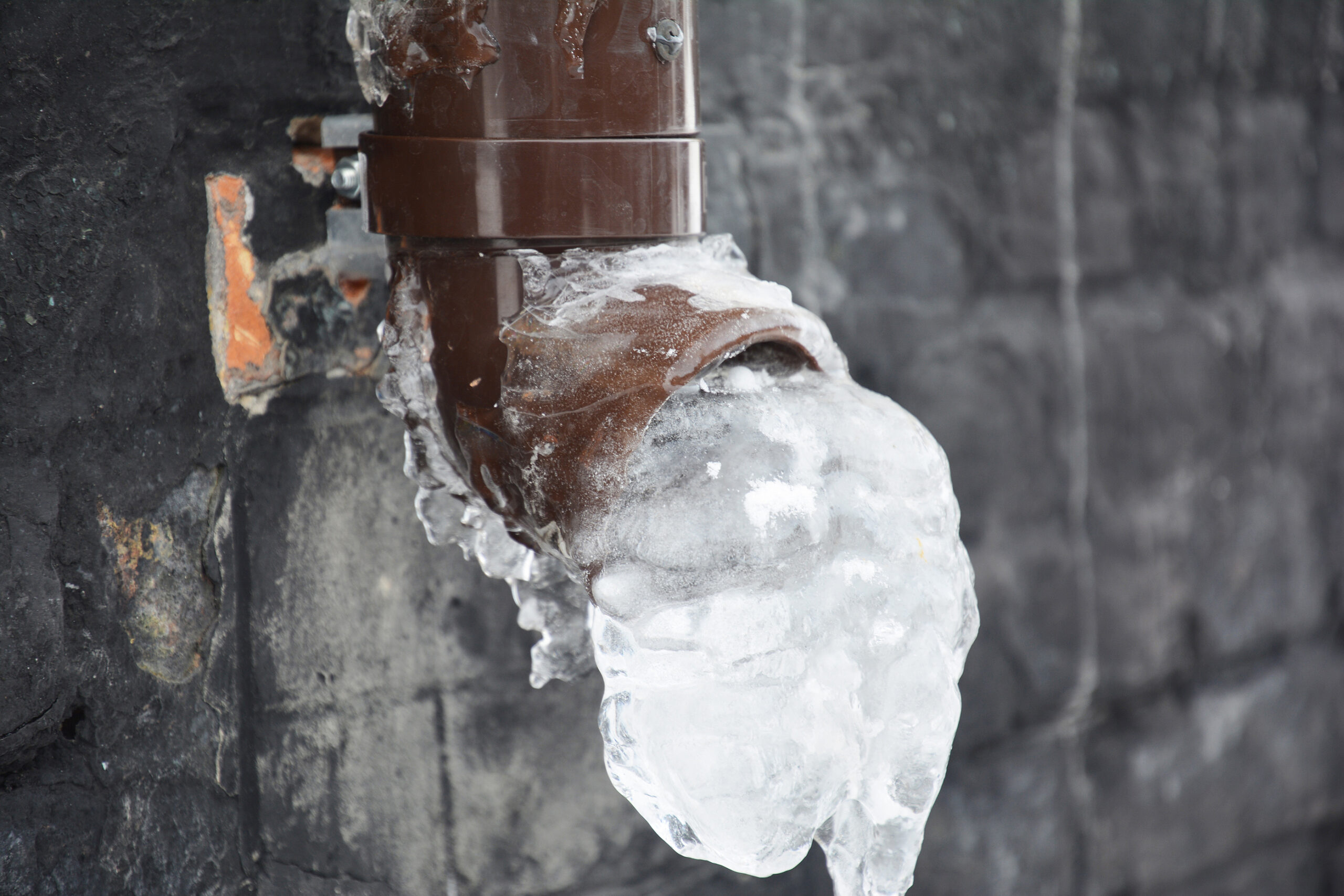Advice for Preventing Frozen Pipes in Cold Weather: Professional Advice
Advice for Preventing Frozen Pipes in Cold Weather: Professional Advice
Blog Article
Are you currently hunting for know-how on 6 Ways to Prevent Frozen Pipes?

Cold weather can damage your pipes, particularly by freezing pipes. Here's just how to stop it from happening and what to do if it does.
Intro
As temperature levels decline, the risk of icy pipes boosts, potentially leading to pricey fixings and water damages. Recognizing how to prevent frozen pipelines is vital for home owners in cool climates.
Understanding Icy Pipelines
What triggers pipelines to freeze?
Pipelines ice up when subjected to temperature levels below 32 ° F (0 ° C) for prolonged durations. As water inside the pipes freezes, it broadens, taxing the pipe walls and potentially creating them to break.
Risks and damages
Frozen pipelines can bring about supply of water interruptions, property damage, and expensive repair work. Burst pipes can flood homes and cause extensive structural damages.
Indicators of Frozen Piping
Recognizing icy pipes early can prevent them from bursting.
Just how to recognize frozen pipes
Search for reduced water circulation from faucets, uncommon smells or sounds from pipelines, and visible frost on subjected pipes.
Prevention Tips
Protecting vulnerable pipes
Cover pipelines in insulation sleeves or use heat tape to protect them from freezing temperatures. Concentrate on pipelines in unheated or external locations of the home.
Home heating methods
Keep indoor areas sufficiently warmed, especially locations with pipes. Open cabinet doors to enable cozy air to circulate around pipes under sinks.
Securing Exterior Pipes
Yard hoses and outdoor faucets
Detach and drain garden hose pipes prior to winter months. Set up frost-proof faucets or cover exterior faucets with insulated caps.
What to Do If Your Pipes Freeze
Immediate actions to take
If you suspect icy pipelines, maintain taps available to eliminate stress as the ice melts. Use a hairdryer or towels taken in warm water to thaw pipes slowly.
Long-Term Solutions
Architectural modifications
Consider rerouting pipelines far from exterior wall surfaces or unheated locations. Add additional insulation to attic rooms, basements, and crawl spaces.
Updating insulation
Buy high-grade insulation for pipes, attics, and walls. Correct insulation aids preserve regular temperature levels and minimizes the risk of icy pipelines.
Final thought
Avoiding icy pipelines requires aggressive steps and fast actions. By recognizing the causes, indications, and safety nets, home owners can protect their plumbing during cold weather.
Helpful Tips to Prevent Frozen Pipes this Winter
UNDERSTANDING THE BASICS: WHY PIPES FREEZE AND WHY IT’S A PROBLEM
Water freezing inside pipes is common during the winter months, but understanding why pipes freeze, and the potential problems it can cause is crucial in preventing such incidents. This section will delve into the basics of why pipes freeze and the associated problems that may arise.
THE SCIENCE BEHIND FROZEN PIPES
When water reaches freezing temperatures, it undergoes a physical transformation and solidifies into ice. This expansion of water as it freezes is the primary reason pipes can burst. As the water inside the pipe freezes, it expands, creating immense pressure on the walls. If the pressure becomes too great, the pipe can crack or rupture, leading to leaks and water damage.
FACTORS THAT CONTRIBUTE TO PIPE FREEZING
Low Temperatures: Extremely cold weather, especially below freezing, increases the risk of pipes freezing. Uninsulated or Poorly Insulated Pipes: Pipes located in unheated areas, such as basements, crawl spaces, or attics, are more prone to freezing. Insufficient insulation or lack of insulation altogether exacerbates the problem. Exterior Wall Exposure: Pipes running along exterior walls are susceptible to freezing as they encounter colder temperatures outside. Lack of Heating or Temperature Regulation: Inadequate heating or inconsistent temperature control in your home can contribute to frozen pipes. PROBLEMS CAUSED BY FROZEN PIPES
- Pipe Bursting: As mentioned earlier, the expansion of water as it freezes can cause pipes to burst, resulting in significant water damage.
- Water Damage: When pipes burst, it can lead to flooding and water damage to your property, including walls, ceilings, flooring, and personal belongings.
- Structural Damage: Prolonged exposure to water from burst pipes can compromise the structural integrity of your home, leading to costly repairs.
- Mold and Mildew Growth: Excess moisture from water damage can create a favorable environment for mold and mildew growth, posing health risks to occupants.
- Disrupted Water Supply: Frozen pipes can also result in a complete or partial loss of water supply until the issue is resolved.
WHY CERTAIN PIPES ARE MORE PRONE TO FREEZING
- Location: Pipes located in unheated or poorly insulated areas, such as basements, crawl spaces, attics, or exterior walls, are at higher risk of freezing.
- Exterior Pipes: Outdoor pipes, such as those used for irrigation or exposed plumbing, are particularly vulnerable to freezing as they are directly exposed to the elements.
- Supply Lines: Pipes that carry water from the main water supply into your home, including the main water line, are critical to protect as freezing in these lines can affect your entire plumbing system.
- Underground Pipes: Pipes buried underground, such as those connected to sprinkler systems or outdoor faucets, can be susceptible to freezing if not properly insulated.
https://busybusy.com/blog/helpful-tips-to-prevent-frozen-pipes-this-winter/

Do you really like more info about Prevent Frozen Pipes ? Post feedback down below. We'd be glad to see your suggestions about this content. We hope to see you back again in the future. Enjoyed our content? Please share it. Let other people discover it. I treasure reading our article about Winter Plumbing Precautions: Preventing Frozen Pipes.
Request An Estimate Report this page